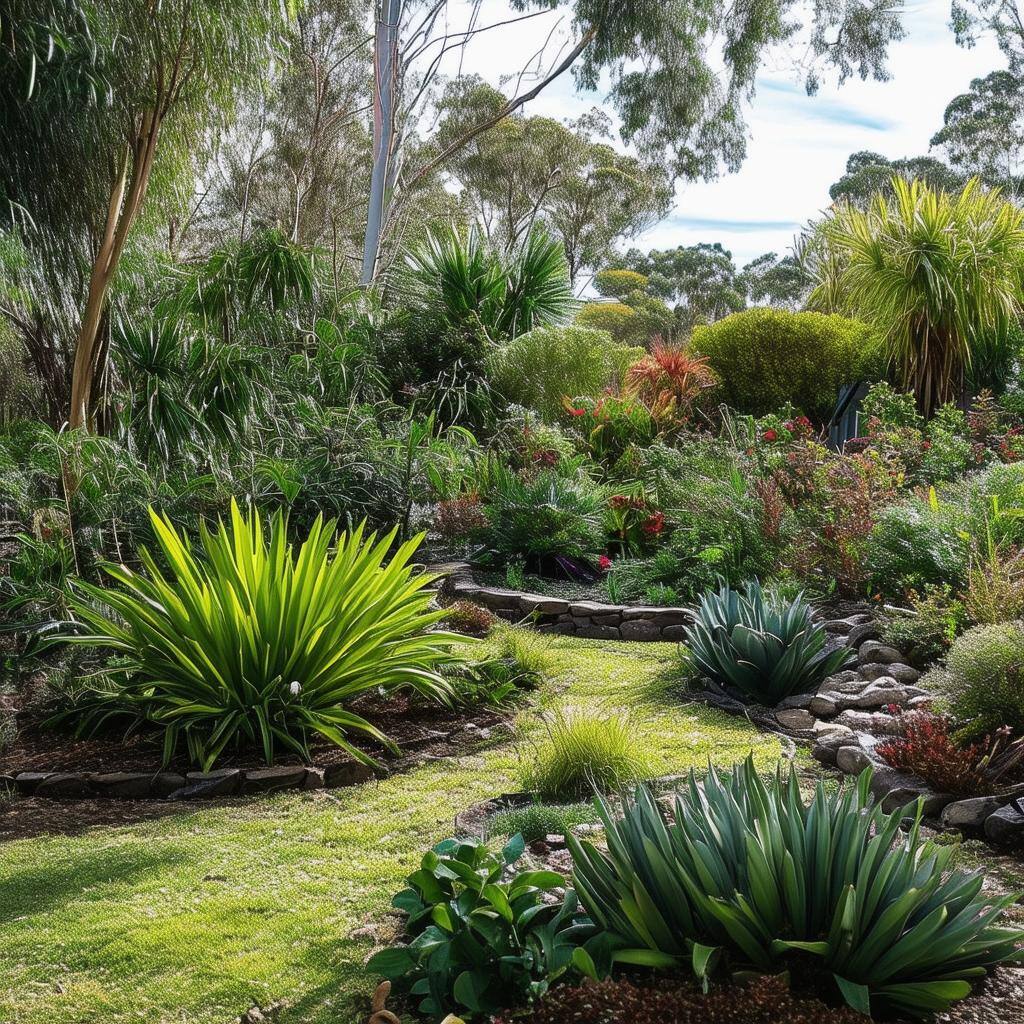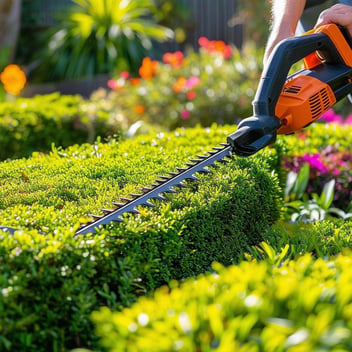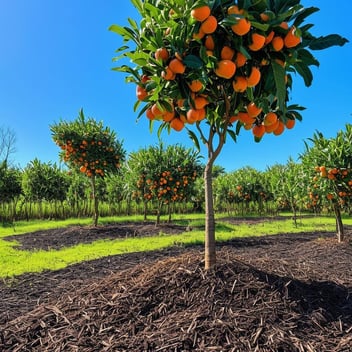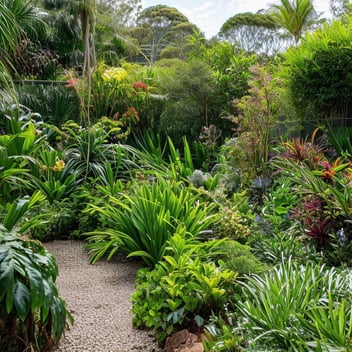Winter Gardening 101: Essential Tasks for SEQ Gardens
- Understanding South East Queensland's Winter Climate
In South East Queensland, winter unveils a mild and dry demeanor, with temperatures gracefully ranging from 10°C to 20°C. This subtropical climate, characterized by warm, wet summers and gentle winters, offers a unique canvas for gardeners. The absence of severe frosts allows for continuous cultivation, yet the cooler days necessitate thoughtful adjustments to gardening practices.
- Soil Preparation and Enrichment
The vitality of your garden is deeply rooted in the health of its soil. Winter serves as an opportune moment to enhance soil fertility. Incorporating well-decomposed compost enriches the soil with essential nutrients, fostering robust plant growth. A generous layer of organic mulch, approximately 5-10 cm thick, acts as a thermal blanket, moderating soil temperature and preserving moisture. This practice not only nurtures plant roots but also suppresses the emergence of unwelcome weeds.
- Selecting and Planting Winter-Appropriate Vegetables
The cooler months are ideal for cultivating a variety of vegetables that thrive in milder conditions. Consider sowing spinach, silver beet, lettuce, broccoli, cauliflower, Brussels sprouts, leeks, peas, and early-maturing cabbage. Timing is crucial; planting these crops in early winter ensures they establish well before the onset of spring warmth. Utilizing raised garden beds can improve drainage and soil warmth, providing an optimal environment for these cool-season crops.
- Caring for Perennials and Ornamentals
Perennials and ornamental plants require attentive care during winter. Pruning deciduous trees and shrubs encourages healthy growth and prepares them for the vigorous spring season. For frost-sensitive species, applying a protective layer of mulch around the base can shield roots from temperature fluctuations. In areas prone to light frost, consider using frost cloths or garden fleece to cover vulnerable plants during chilly nights, ensuring their survival and vitality.
- Pest and Disease Management
Winter does not render the garden immune to pests and diseases. Common culprits include aphids and fungal infections, which can persist even in cooler temperatures. Employing organic solutions such as neem oil or insecticidal soaps can effectively manage these issues. Regularly inspecting plants for signs of distress allows for prompt intervention, maintaining the health and harmony of your garden ecosystem.
- Watering Practices During Winter
With reduced evaporation rates in winter, irrigation demands naturally decrease. However, it remains imperative to monitor soil moisture levels. Watering during the morning hours enables plants to absorb moisture before the cooler evening temperatures set in, reducing the risk of root rot. Implementing drip irrigation systems can ensure efficient water usage, delivering moisture directly to the root zone where it is most needed.
- Planning for Spring
Winter offers a tranquil period to strategize for the forthcoming spring. Assess the successes and challenges of the past seasons to inform future plant selections and garden layouts. This is an ideal time to source seeds, prepare garden beds, and design planting schedules. Engaging in these preparatory activities during winter ensures a seamless and flourishing transition into the vibrant spring season.
By embracing these essential winter gardening tasks, you can cultivate a resilient and bountiful garden in South East Queensland's unique climate. Attentive care during the cooler months lays the groundwork for a thriving and picturesque garden year-round.




